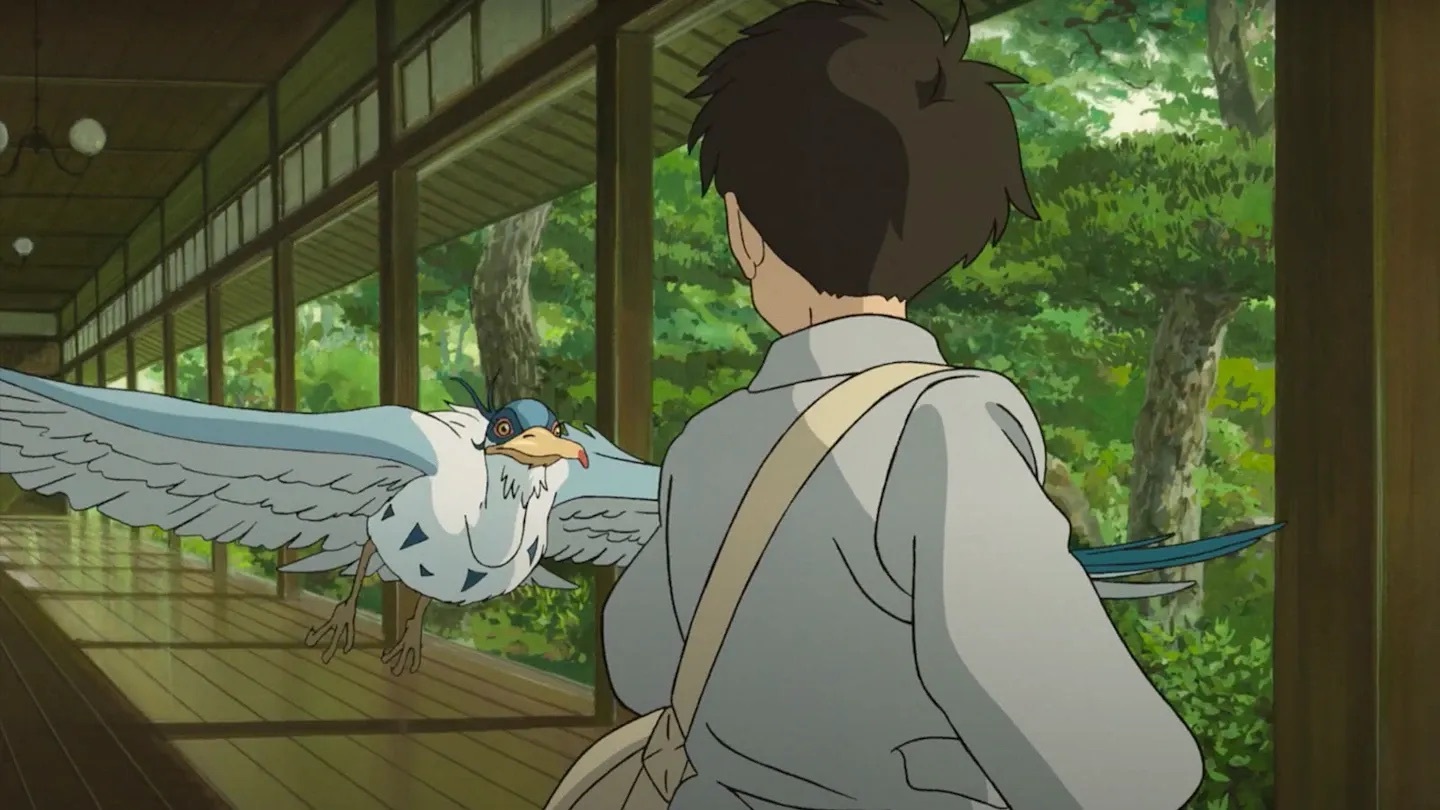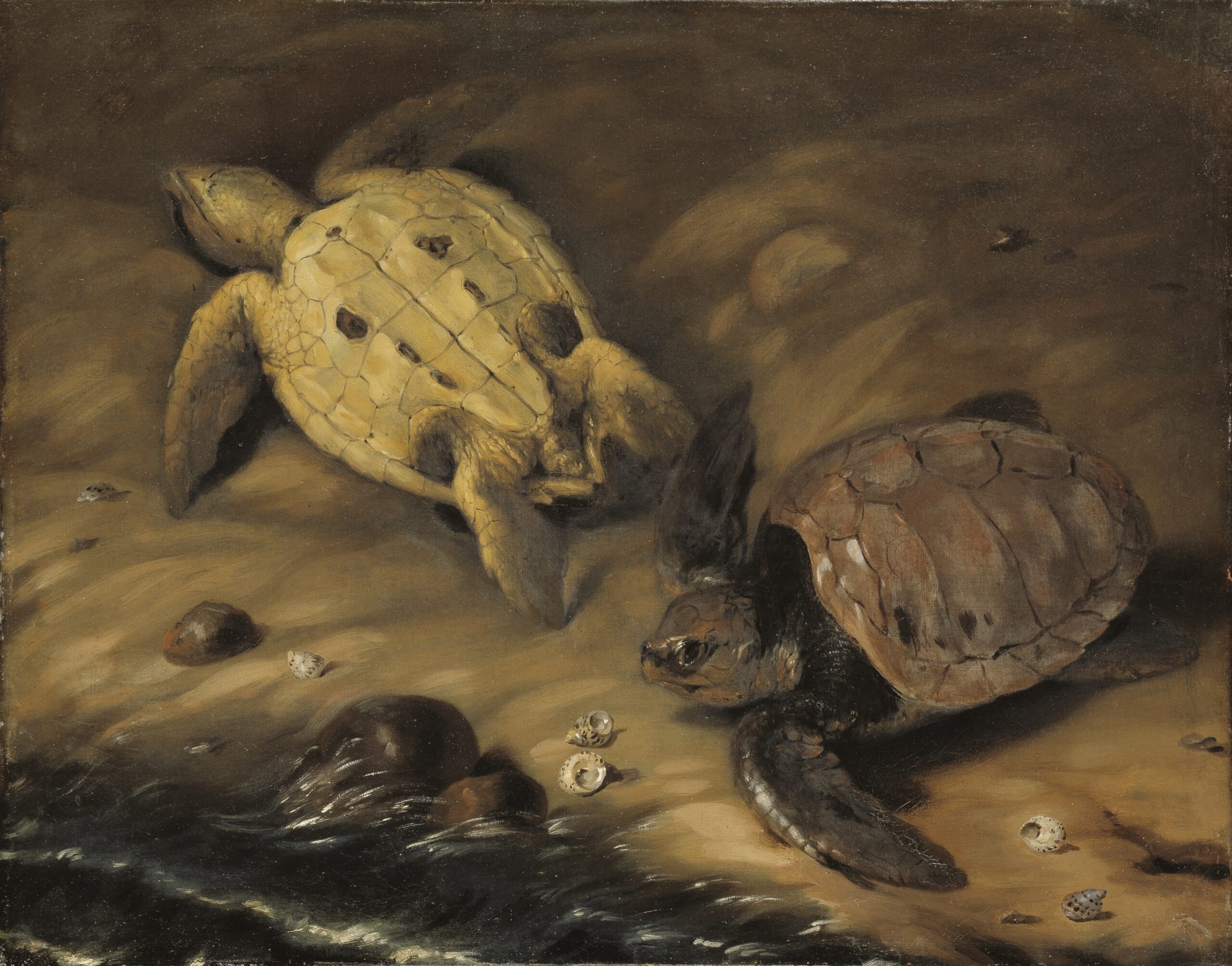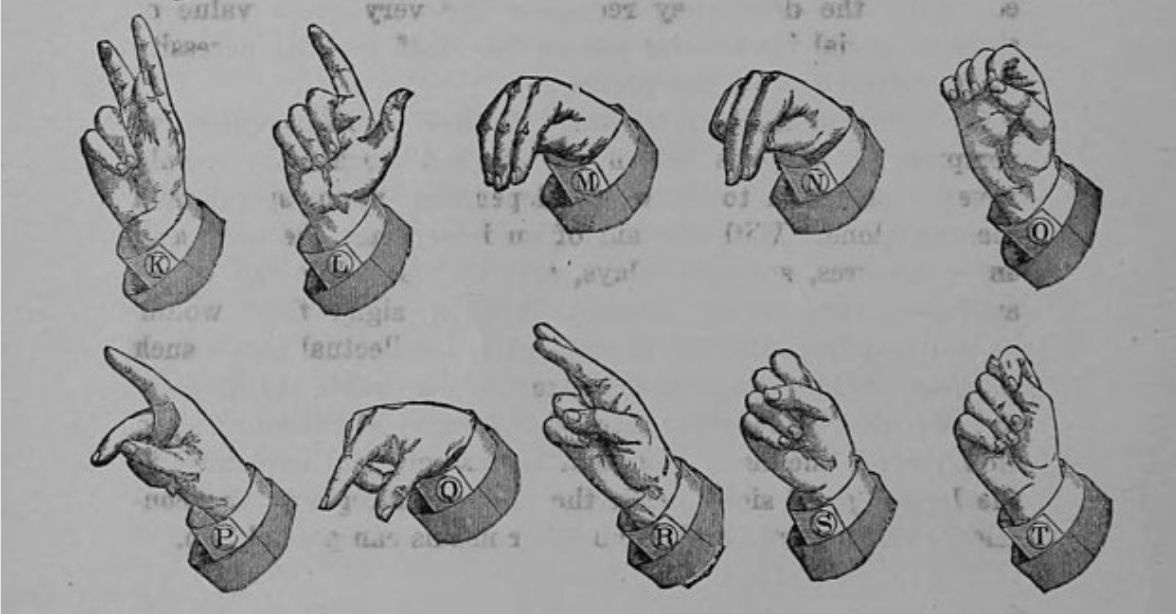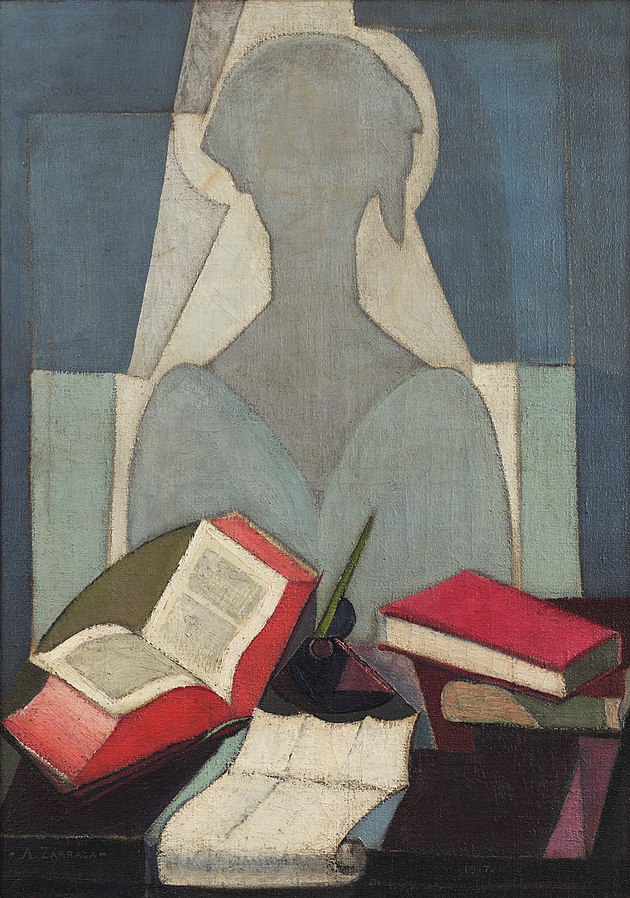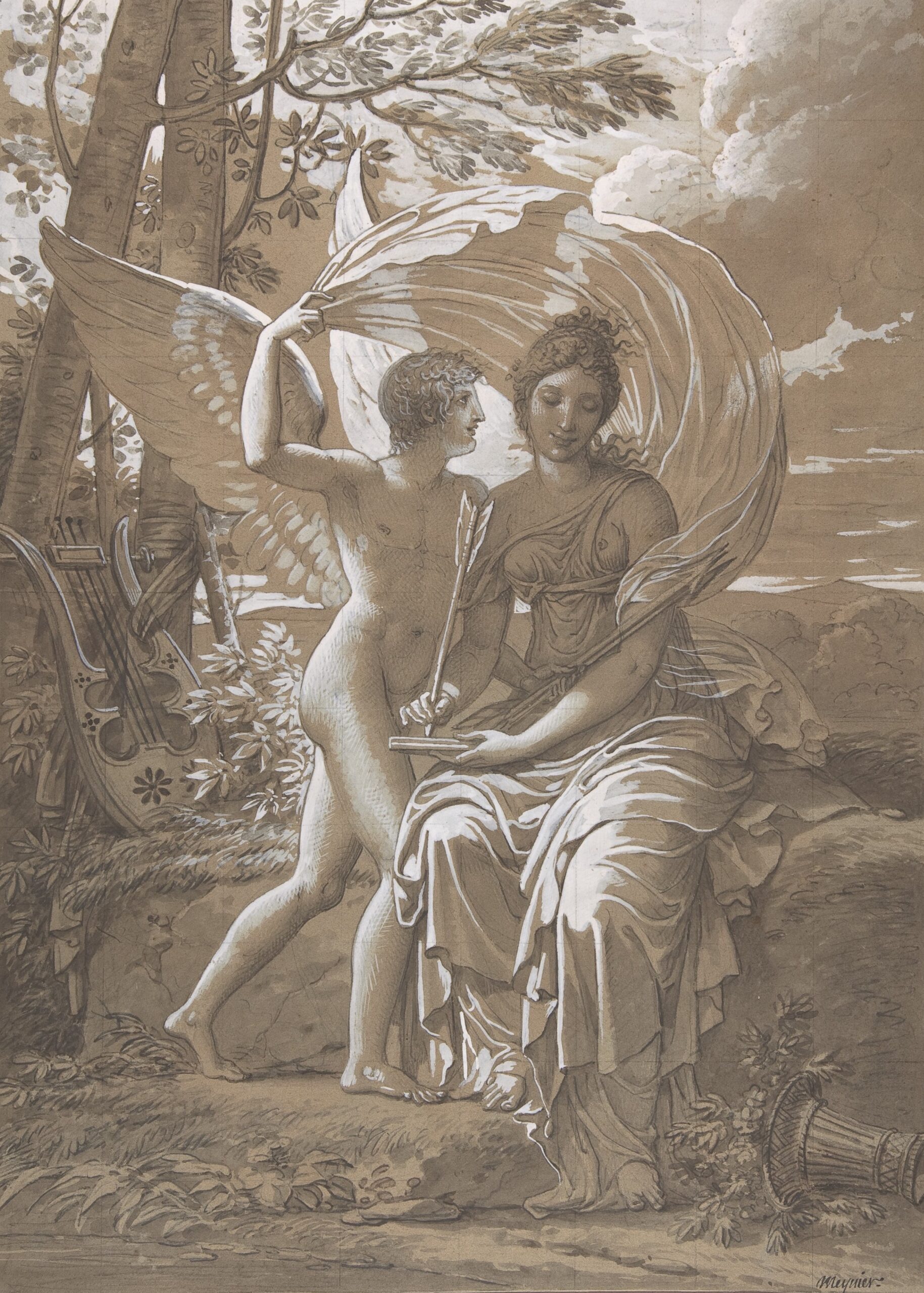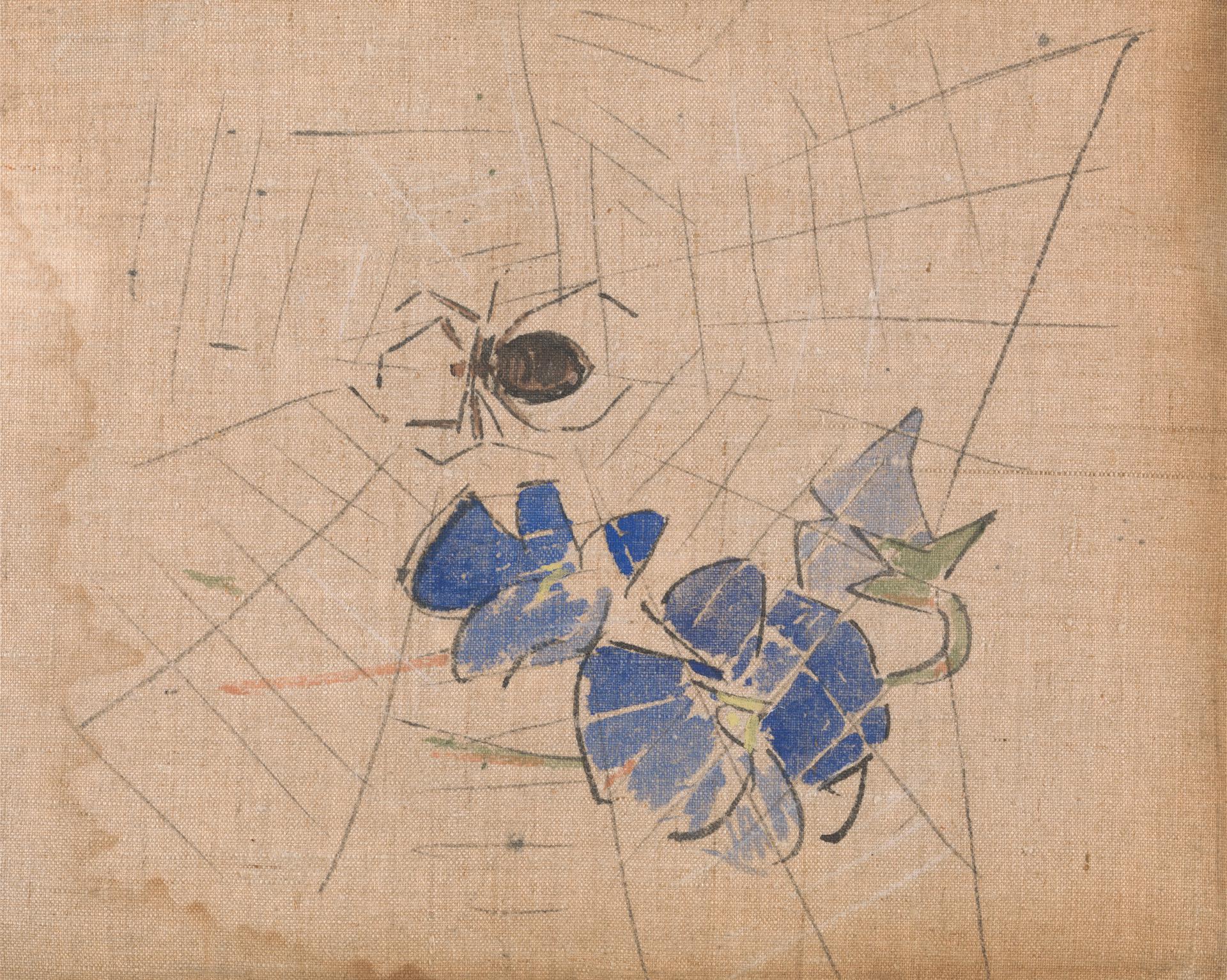1.
Not quite a month before my 13th birthday, my father gave me a gift, a mass-market paperback edition of The Universal Encyclopedia of Mathematics. The 715-page book, which cost him one dollar and 50 cents, is, the cover proclaims, “The only reference book of its kind ever published.” (For my actual birthday, he gave me Cassell’s New Latin Dictionary, with an inscription in Latin.)
He bought me the encyclopedia, I see now, to encourage me: while he was a cardiologist who worked calculus problems to relax, I had a perplexing, to him at least, inability to do any better than a C in any arithmetic course I took. His idea was that giving me a book with entries on “perspective transformation” and the formula for figuring the surface of an elliptical paraboloid would help me learn to divide fractions.
Clearly filled with hope for his floundering son, he wrote an inscription on the flyleaf: “For Joe. Toward an ∞ of knowledge. Dad.”
2.
My father, who died in 1984 at 60, did not live long enough to see the Internet as it is today, our connection, if not to his wish for infinite knowledge, then at least to something in the same area code as infinite information, and so, to bring the world in, he filled our house with reference books — The Encyclopedia Britannica, Compton’s Encyclopedia (for his younger children), Will and Ariel Durant’s 11-volume The Story of Civilization, the Concise Dictionary of American History and so many others whose titles I can no longer recall, bookcases of them in the family room and in his den.
While it’s not strictly a reference set, he enshrined the Great Books of the Western World on shelves in our family room and offered rewards of a dollar if I could recite, from memory, passages he assigned me, and if I succeeded, he sometimes had me do it to for the guests when he and my mother entertained, a nine- or 10-year-old me in pajamas standing in a room of adults who were drinking highballs as I stumbled through “Once more unto the breach, dear friends . . .”
A devout Roman Catholic, when he decided to buy the books in the early 1960s, he wrote a letter to the Archdiocese of Cincinnati for permission because certain of the works were on the Church’s Index Liborum Prohibitum — a list of writings the Church felt threatened the faith and morals of those who read them. A monsignor from the Archdiocesan office responded that my father could buy them but that he should read them with care. For a long while, he kept the letter folded in thirds and tucked into one of the volumes but, when I went to look for it after he left the books to me when he died, opening every volume, holding them upside down and shaking each one, the letter was no longer there.
3.
Almost three decades after his death, I remember my father as shy and uncomfortable socially. Perhaps a decade before he died, my mother showed me a group photograph of him and perhaps 18 or 20 other doctors, my father in the back row, half his face obscured by the head of one of the men in front of him. She was using the photograph to tell me something about how my father was as a person, that he was always standing in a back row, hiding from a camera, metaphorically if not actually, not wanting anyone to notice him.
Given that, I’m not surprised that I can never remember having a heart-to-heart talk with him about anything. I don’t think he ever asked me what I wanted to do when I grew up, don’t think he ever asked about any of the girls I went out with nor talked to me about what colleges I wanted to attend. I chose the colleges, filled out the applications, left them on his desk and then found them on the kitchen table, a check for the application fee paper clipped to each of them.
I also don’t recall him being openly affectionate with my mother or any of my seven siblings. More than once, when my mother was going somewhere with my father, she came downstairs in a dress, perfumed and wearing pearls, and said to me, “Tell me I look nice,” because my father seemed never to tell her so. This trait was, in fact, the point of a story she told me often about my father’s father, a severe German immigrant who came to America early in the 20th century when he was 13. In the story, my grandparents are having dinner and my grandmother says to him, “You never tell me you like my cooking.”
“I’m eatin’ it, ain’t I?” my grandfather responds.
Whenever my mother told the story, she paused when she came to the end of it then repeated: “I’m eatin’ it, ain’t I?”
When I got older, I realized the story was actually about my own father, that my mother could never say directly that he was not warm, could not complain openly to me that he did not compliment her, and so she told the story about my grandfather over and over, letting it hang in the air until I might understand its meaning.
4.
It’s possible, I suspect, to read these accounts of my father and think him cold and even unkind: he couldn’t tell his wife she looked attractive, he was aloof for his children, disconnected (I wanted Rubber Soul for my birthday and he gave me a Latin dictionary); he embarrassed his oldest son by using him to perform parlor tricks dressed in stretch pajamas: Look at the little boy trying to recite Shakespeare! How cute!
But part of maturing is coming to the point at which you can see your parents as not just your mother and your father but as human beings, imperfect, who just happened to be the people who raised you.
I could, therefore, explain my father’s reticence to express affection by his own father’s resistance to it.
I could talk about how one of the choices my father made for the direction of his life — to pursue college — disappointed his father who had no patience for the life of the mind, despite the fact that my father eventually became a doctor. My grandfather, who worked in a sewing machine factory until he retired, thought a man should work with his hands and clearly favored his other son, my uncle, who worked in an automobile plant and who could fix things — do carpentry, repair a television set. That my uncle, who had no children, was more affluent than my father, the doctor with eight children whom he sent to prep schools and college, seemed to my grandfather evidence that he was correct: books and college were a waste of time.
Given that, is it any wonder that my father was so shy about overt expressions of affection?
And so if he could not directly invite me to connect with him, he could find more oblique ways to bring the two of us together: he could give me reference books as gifts, bribe me to open the books he collected.
In his own way, he was opening a door for me to a world he loved and saying, “I can’t show you my self but I can show you this.”
5.
And so I became a collector of reference books, filling shelves with them in my own home the way my father did in ours when I was growing up. I became a forager in them often for no purpose except to see what was there.
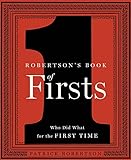 Paging, as I did just now, through Patrick Robertson’s Robertson’s Book of Firsts, published last year, I learn that the first life insurance policy was written in 1583, and would pay out £383 and change, as long as the insured died within a year. When he died 11 months later, the “underwriters sought to evade payment by the dubious argument that he had not died within ‘the full twelve months,’ arguing that a month was only 28 days and therefore the insured had died beyond twelve months’ time. The court found for the beneficiary, saying, “[The] month is to be accounted according to the Kalendar.”
Paging, as I did just now, through Patrick Robertson’s Robertson’s Book of Firsts, published last year, I learn that the first life insurance policy was written in 1583, and would pay out £383 and change, as long as the insured died within a year. When he died 11 months later, the “underwriters sought to evade payment by the dubious argument that he had not died within ‘the full twelve months,’ arguing that a month was only 28 days and therefore the insured had died beyond twelve months’ time. The court found for the beneficiary, saying, “[The] month is to be accounted according to the Kalendar.”
 Browsing in The Baseball Necrology by Bill Lee, I learn that there was once a player named Bad News Galloway who appeared for one season in the major leagues and then worked as a bedding inspector during World War II, that Mox McQuery, who lasted for five seasons in the majors during the 19th century, died when he was shot in the line of duty while he was a policeman, and that Kite Thomas, who was a major league outfielder for two seasons, operated a tavern in Kansas in the 1950s that “was said to dispense more beer than any other tavern in Kansas.”
Browsing in The Baseball Necrology by Bill Lee, I learn that there was once a player named Bad News Galloway who appeared for one season in the major leagues and then worked as a bedding inspector during World War II, that Mox McQuery, who lasted for five seasons in the majors during the 19th century, died when he was shot in the line of duty while he was a policeman, and that Kite Thomas, who was a major league outfielder for two seasons, operated a tavern in Kansas in the 1950s that “was said to dispense more beer than any other tavern in Kansas.”
From The Best Books of Our Time 1901-1925, published in 1928 by Asa Don Dickinson, “Librarian of the University of Pennsylvania,” I learn that, according to a meticulous study he devised to analyze critical responses to what was then contemporary literature, the most highly regarded book of the first quarter of the 20th century was Arnold Bennett’s The Old Wives’ Tale, which had “25 endorsements” by critics and was therefore, according to Dickinson’s system, superior to Edith Wharton’s House of Mirth (23 endorsements), Willa Cather’s My Antonia (18) or Sherwood Anderson’s Winesburg, Ohio (13).
On the surface, this may all seem trivial, but I contend it’s not — is any time that brings us knowledge ever really wasted?
Without meaning to look for it, for example, I know something about the trend of insurance companies contesting the claims of their customers, something specific about the economics of major league baseball players before the current era of six- to eight-figure annual salaries, something about the way taste in literature changes over a period of decades.
See, I hear my father saying. Exactly.
6.
Sometimes, browsing in junk shops and antique malls, I buy reference books that make little sense for me to own — a 75-year-old one-volume encyclopedia, a half-century old book on baton twirling, a dog-eared guide for collecting baseball players’ autographs. Yet, as ridiculous a purchase as they might seem, they open up the world for me as much as did the books on my father’s shelves or the newer books on my own shelves, but in different ways.
Everybody’s Complete Encyclopedia, which the Whitman Publishing Company of Racine, Wis., issued in 1937, for example, freezes the world for me in a manner a more contemporary reference work doesn’t; it gives me a world in which Pearl Harbor can be dismissed with a sentence, describing it as “an inlet not far from Honolulu, Hawaii, with pearl fisheries and a U.S. naval base,” and gives me the Ardennes in even fewer words, as only a sentence fragment, “Range of hills in France and Belgium extending into Luxembourg.” It gives me a world that had no notion of the meaning those places would carry less than a decade later.
The 1962 Who’s Who in Baton Twirling, which contains 500-plus pages of photographs and brief resumes of baton twirlers from around the United States, and a supplement on the Baton Twirling Hall of Fame, illuminates a subculture I hadn’t known was as large as it was, showing me something of the center of the lives of roughly 1,500 people from half a century ago. In one entry, I learn that Marla Miller of Columbia City, Ind., was once featured twirling fire batons at a district competition and that Hall of Fame member Paul Olin had traveled over 7,000 miles to teach twirling at summer camps across the Midwest and South.
As much as that allows me a glimpse at a subculture, the reason I bought the book was that it once belonged to one of the people who has an entry in it, Paula Rondeau of Florida. A half a century ago, the then 10-year-old Rondeau (who started twirling when she was five, had won tournaments in Florida and Virginia and performed on television during the 1961 Junior Miss America Pageant) scrawled her name and address in the front of the book in a careful cursive.
In somewhat the same way, the 1939 Allegheny (Pennsylvania) High School Yearbook opens another flap on the world for me: it was owned at one time by Ellen (Elsie) Tuomela, whom the yearbook describes as “sweet and shy” with “hopes to be a secretary” and who had “a unique hobby . . . working crossword puzzles.” If Elsie is alive still, she would around 90 but her yearbook — with the entries about her and her classmates and the editor’s sad recollection that the construction of a new school building that year meant the loss of “the balcony, long a lovers’ meeting place” –connects me to the teenager Elsie was nearly three-quarters of a century ago, makes the lives of all teenagers then more vivid to me than any general discussion of the youth of America in the 1930s ever could.
As for the slightly water-logged, dog-eared copy of the 1986 edition of Sports Americana Baseball Address List, a guide published for autograph seekers for which I paid 50 cents two weeks ago at a junk shop I passed on a Sunday afternoon: the information in it is, I assume, worthless. How many of the men whose names and addresses are listed are still living where they were more than a quarter century ago? What drew me to it were the almost obsessive annotations by the anonymous person who owned it before it ended up in a pile of books in a battered orange crate on a shelf with old VHS movies and mismatched glassware: whose autographs he had, who was dead or “too old or ill to sign,” and whom he classed as an “SOB,” presumably because they refused his request for a signature. The introduction to the book boasts that 10,000 current and former players were included and the previous owner had a note for well more than half of them. For me, the book reveals a fellow human being who gave himself passionately to something.
I’m certain that when my father extended perhaps the only sort of invitation he could to me, into the world as it lay out before him, and me, in reference books, he was not thinking of baton twirlers, high school seniors from 73 years ago, or autograph collectors, but my interest in them is connected to that same impulse he woke in me when I was roughly the same age as Paula Rondeau when she was ordering the copy of the Who’s Who with her name and photograph in it — the impulse to be curious about the world outside the room where I’m paging through the slightly mildewed book that bears a photograph of her in a costume, standing beside three of her trophies.
7.
Not long after my father died, I found a package he’d received but never opened: the 1984 Britannica Book of the Year, part of the series of annuals the publishers offered to him as someone who had once bought a full set of the Encyclopedia Britannica and which he ordered each year, lining them chronologically on the shelves beneath the encyclopedia. (He also just as faithfully ordered the annual supplement to the Great Books, The Great Ideas Today.) In the last months of his life, weakened by congestive heart failure and diabetes, on most days he only had strength enough to move the few feet from his bed to a chair in his room and then, later, with the help of a day nurse, back to his bed. But at some point in those months — did he know how many he had left? — he’d marked a box on a reply card, written a check, mailed it off, then waited for the world to come back to him in 766 pages.
 If he’d lived long enough to open the package, he could have flipped through those pages and read that health care costs in the U.S. for the previous year were more than 340 percent what they were in 1967, the year after he gave me the mathematics encyclopedia and Latin dictionary. He could have read that Norman Mailer’s Ancient Evenings was “one of the major literary events of the year,” but that critical response ranged from “uncertain, almost embarrassed enthusiasm to exasperated boredom.” He could have learned that a 29-year-old mathematician had made a discovery that “was the first major step in more than a century in the struggle to verify Pierre de Fermat’s” famous claim, scribbled in the margin of a book, that he had discovered a “truly marvelous [algebraic] proof.” (And my father could have winced realizing that the mathematician was younger than his son who still had difficulty dividing fractions.)
If he’d lived long enough to open the package, he could have flipped through those pages and read that health care costs in the U.S. for the previous year were more than 340 percent what they were in 1967, the year after he gave me the mathematics encyclopedia and Latin dictionary. He could have read that Norman Mailer’s Ancient Evenings was “one of the major literary events of the year,” but that critical response ranged from “uncertain, almost embarrassed enthusiasm to exasperated boredom.” He could have learned that a 29-year-old mathematician had made a discovery that “was the first major step in more than a century in the struggle to verify Pierre de Fermat’s” famous claim, scribbled in the margin of a book, that he had discovered a “truly marvelous [algebraic] proof.” (And my father could have winced realizing that the mathematician was younger than his son who still had difficulty dividing fractions.)
When my mother gave me the set of Britannica and the Great Books after he died, she said, “I don’t care what you do with the encyclopedias, but please don’t get rid of the Great Books. Your father went through so much to get them.”
By then, the encyclopedia, published during Richard Nixon’s first term of office, was dated and while I kept it for a long while, when I moved six years ago, I donated it to Goodwill. However, I held onto the 1984 Book of the Year, the volume my father had never read, had never opened, and it sits on a shelf with the Latin dictionary and the Encyclopedia of Mathematics that he gave me with such hope when I was a boy.
Image courtesy of the author.

